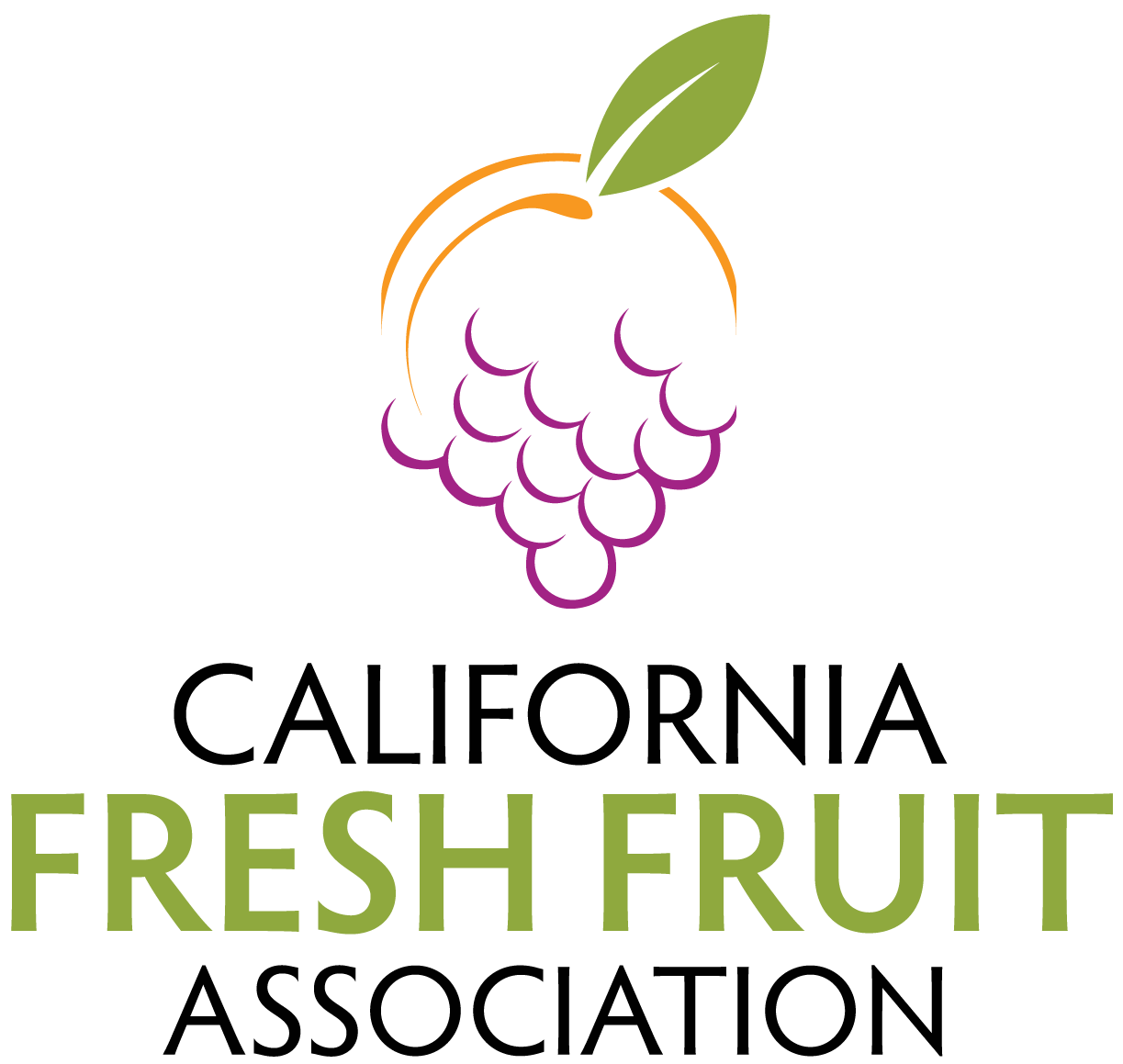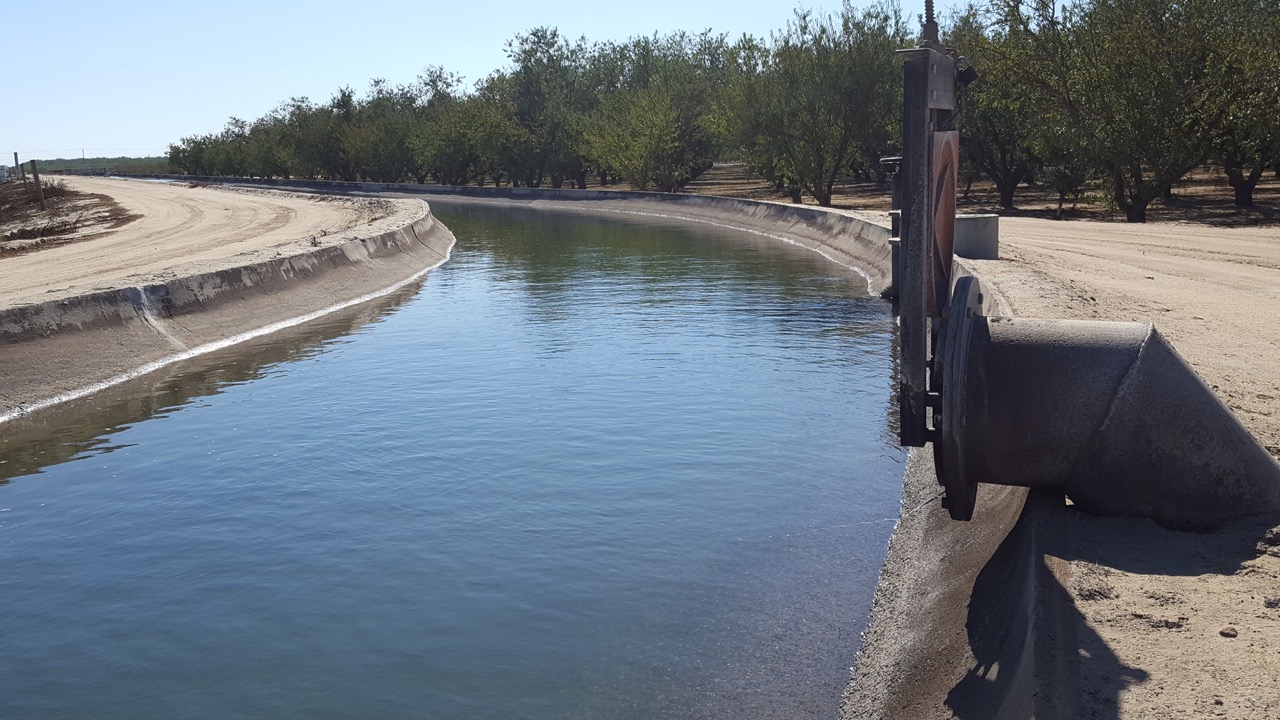California Farm Bureau Reacts to Initial 5% Water Allocation
By Peter Hecht, California Farm Bureau
The California Department of Water Resources on Thursday announced an initial allocation of just 5% of requested 2023 water supplies from the State Water Project. This comes after this year and 2021 both yielded final water allocations of 5%.
“Here we go again,” said California Farm Bureau President Jamie Johansson. “This means that 23 million people and 750,000 acres of farmland are facing another year of uncertainty and economic hardships. California has failed to act on critical projects to provide additional water storage, stormwater capture and groundwater recharge that are needed to protect our farms and cities from water shortages in dry years.
“California’s dismal leadership in safeguarding our water resources harms our food production as consumers face rising prices at the grocery store. It also undercuts healthy crop production, which helps reduce carbon emissions that contribute to climate change. California must have a more coherent water plan. Our drought strategy cannot solely be a policy of managing scarcity.”


















